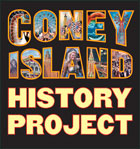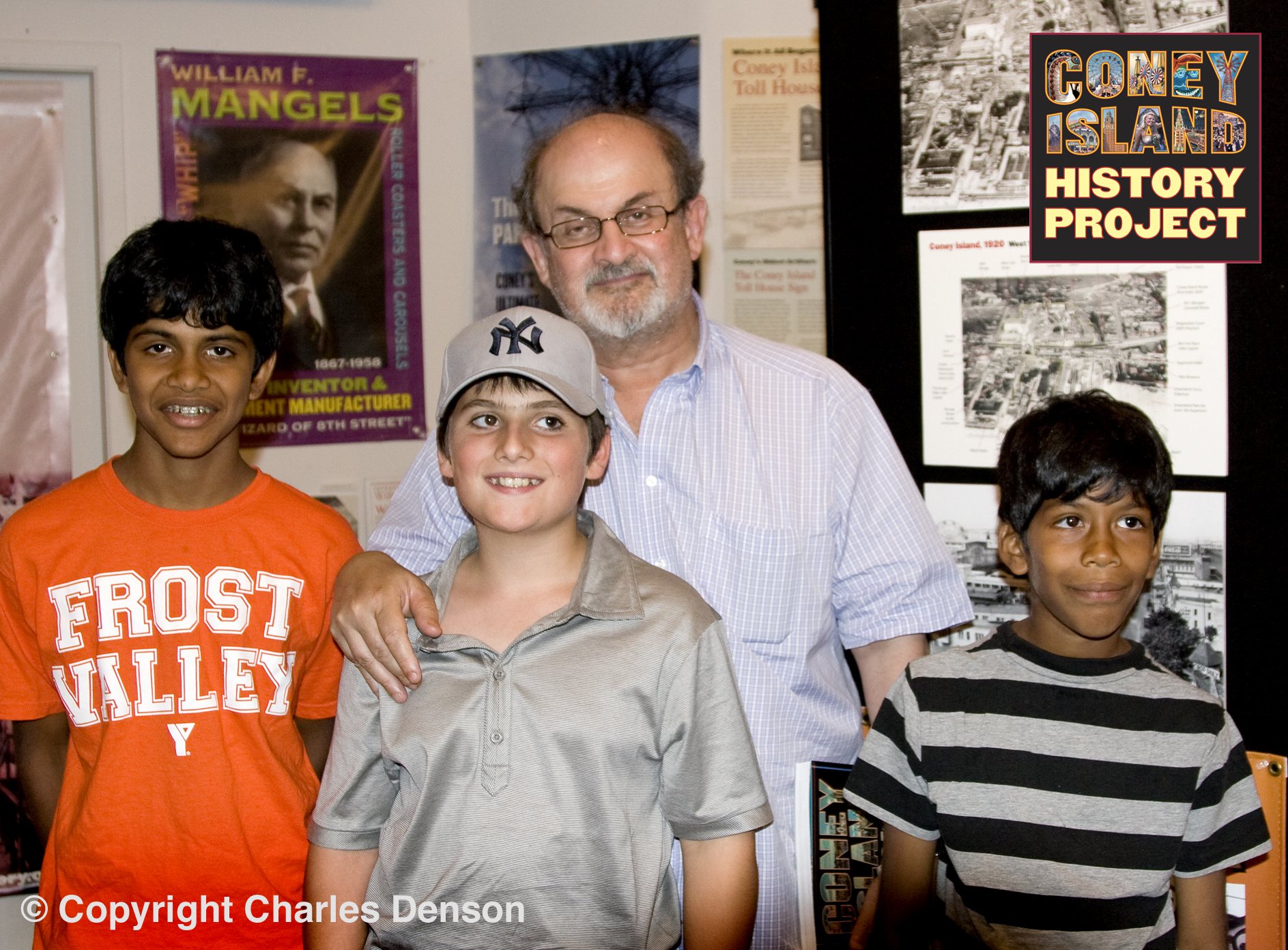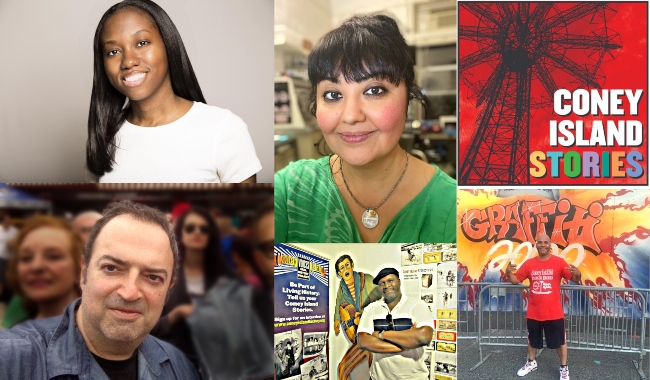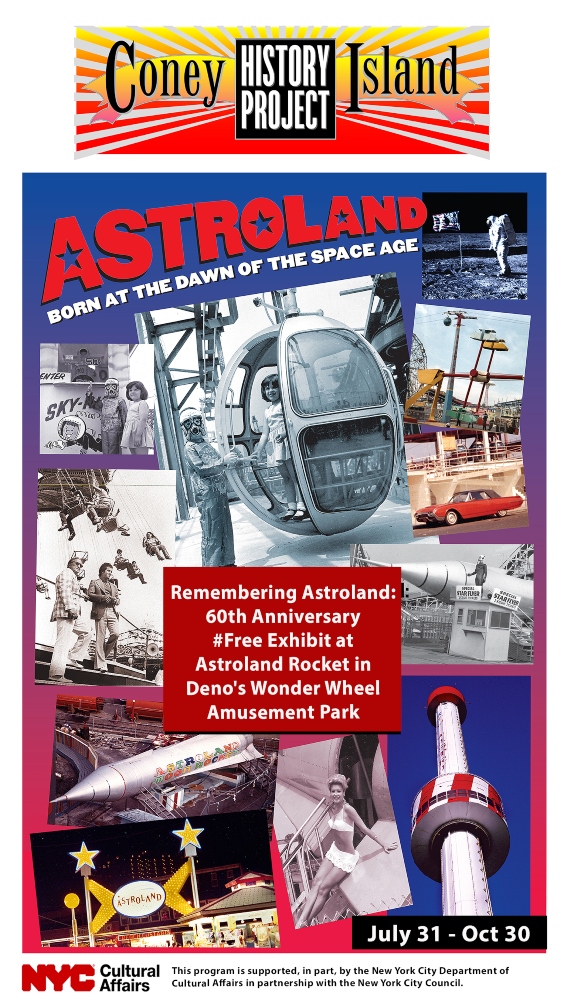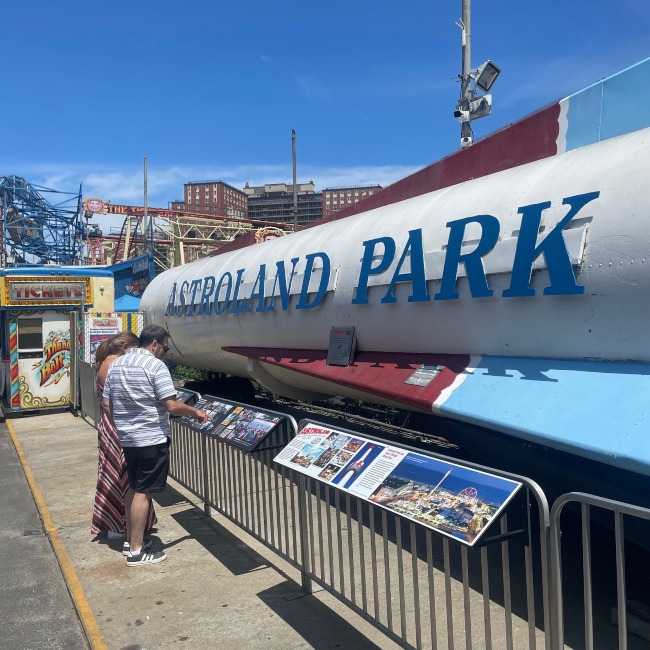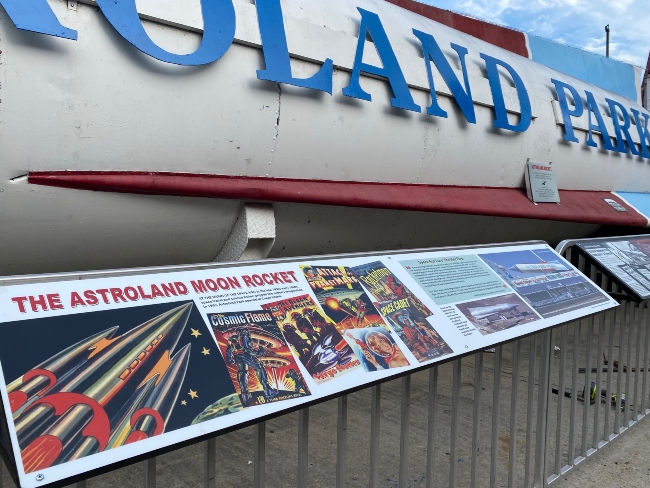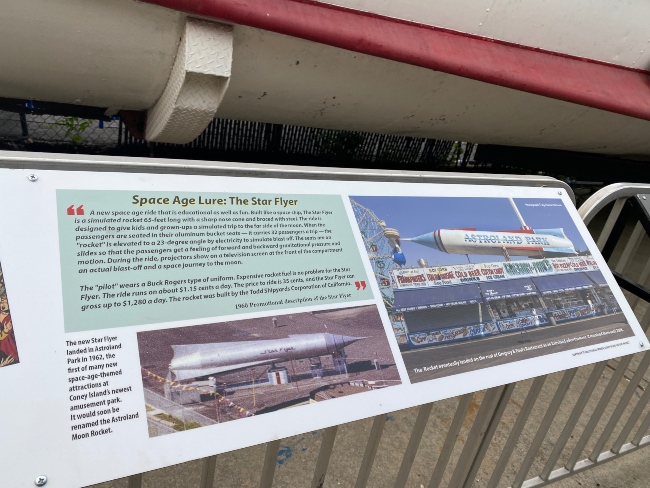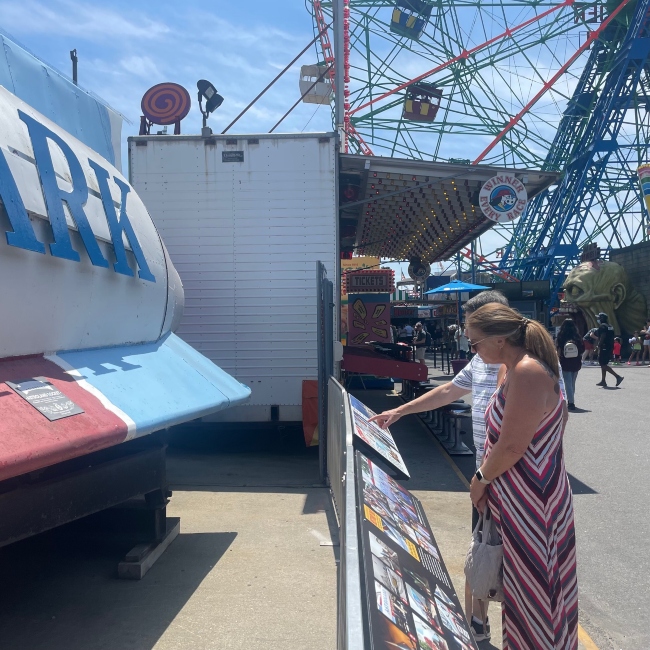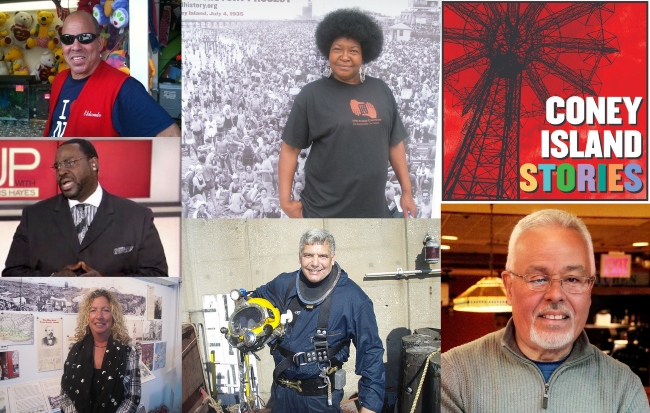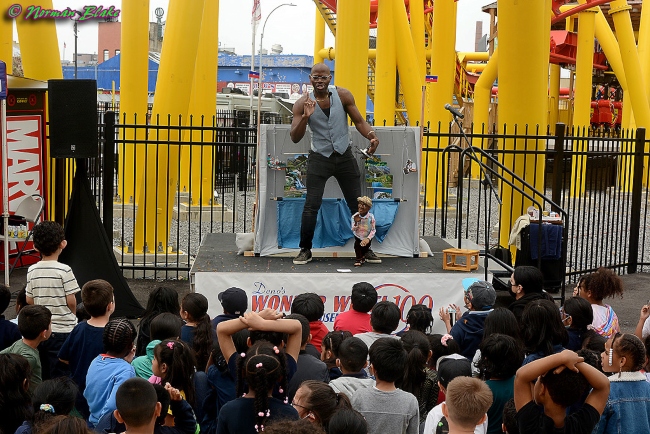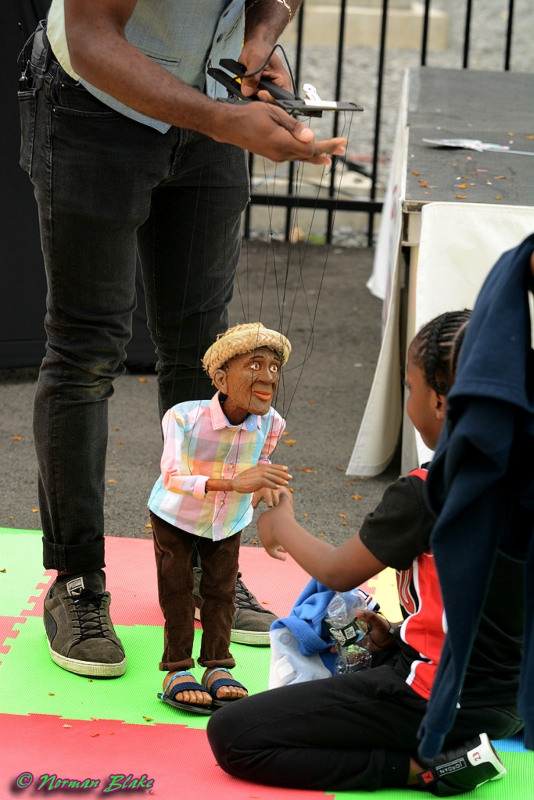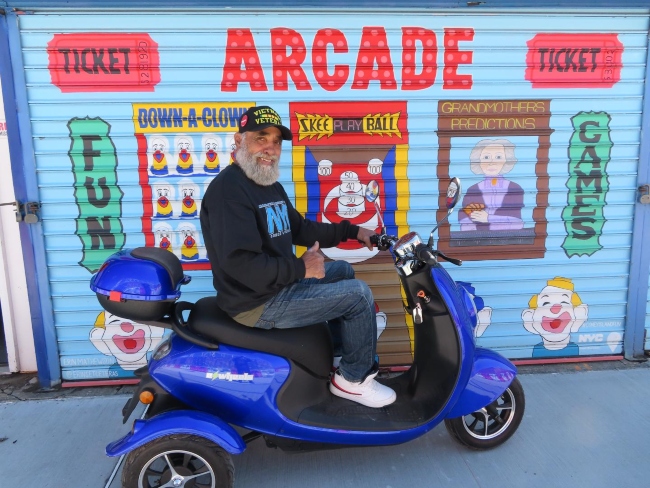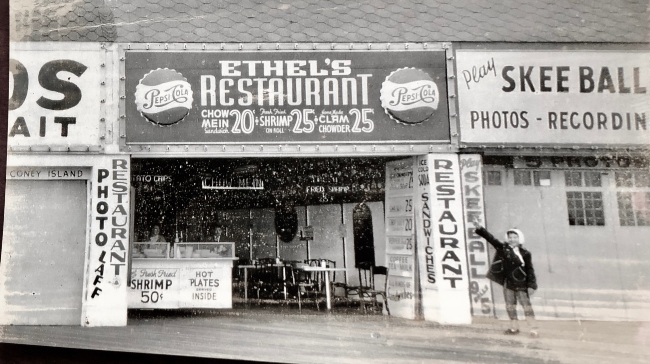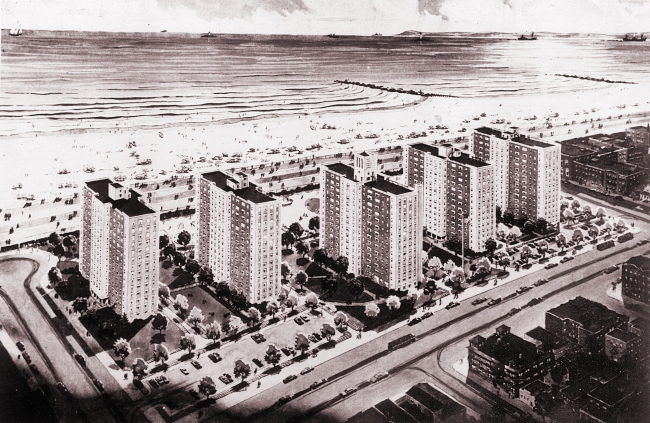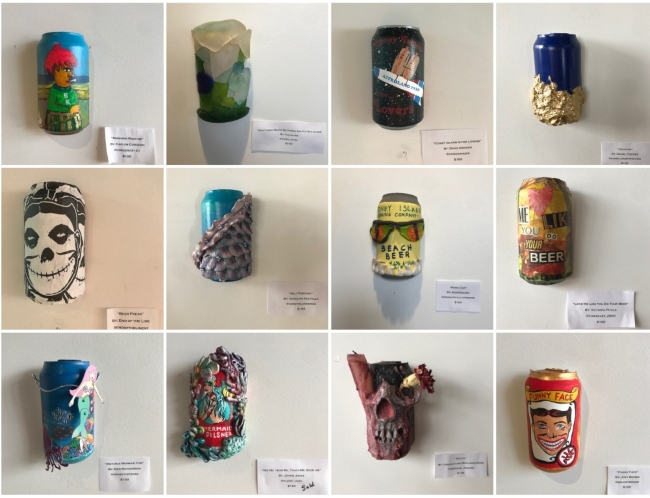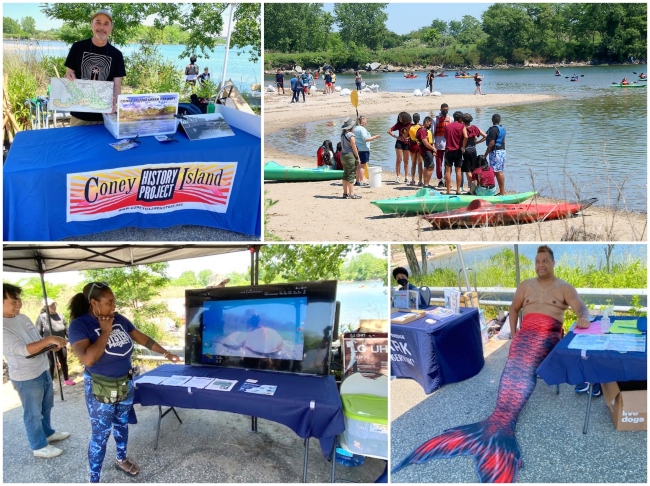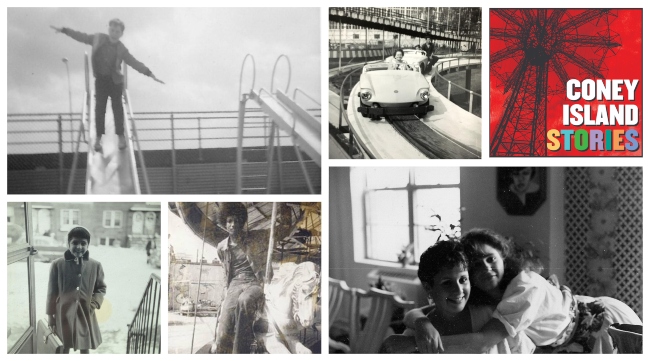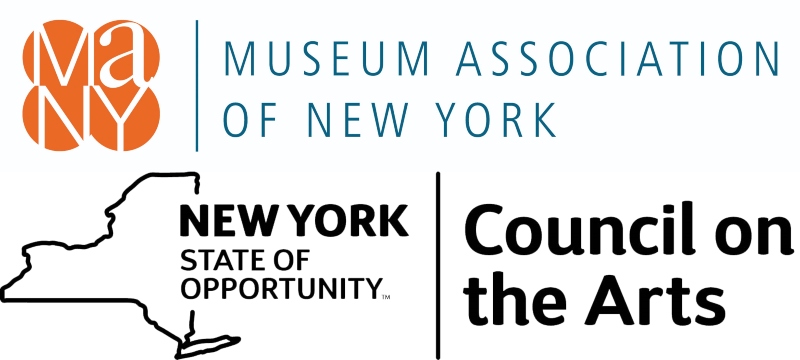
We’re pleased to announce the Coney Island History Project has been awarded a grant for capacity building from the Museum Association of New York (MANY) in partnership with the New York State Council on the Arts (NYSCA). Capacity building grants up to and including $5,000 were awarded to 102 grantees in New York State.
The Coney Island History Project is using the funding to hire a part-time community engagement coordinator to do outreach to support our community based programming. The coordinator will recruit and qualify potential narrators interested in recording oral histories and participating in group reminiscence events, both remotely and in person. See our ad on Idealist.com for more details and to apply for the job.
"We are thrilled and grateful for this opportunity to expand our outreach into the Coney Island community," said History Project Executive Director Charles Denson, "especially after two difficult years caused by the pandemic."
“The arts and culture sector is facing a multi-year recovery process after two years of unimaginable challenges,” said Mara Manus, Executive Director, NYSCA. “We are grateful to MANY for their stewardship of this opportunity that will ensure New York State museums continue to grow and thrive. We send our congratulations to all grantees on their awards.”
“We thank NYSCA for this partnership and this opportunity to rapidly distribute much-needed funding to New York’s museums,” said Erika Sanger, Executive Director, MANY.
Partnership Grants for Capacity Building are made possible by the New York State Council on the Arts with the support of the Office of the Governor and the New York State Legislature.
